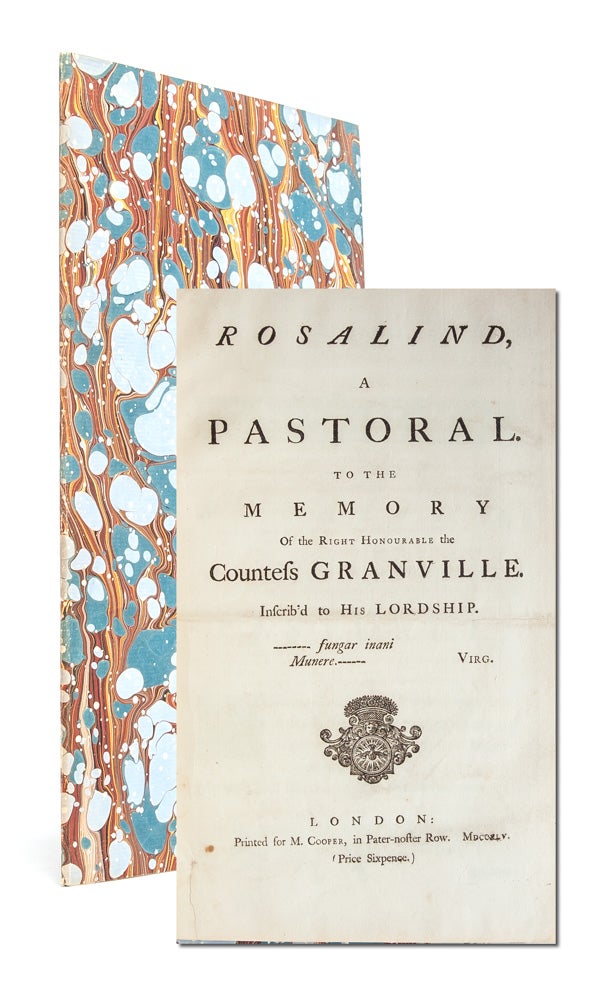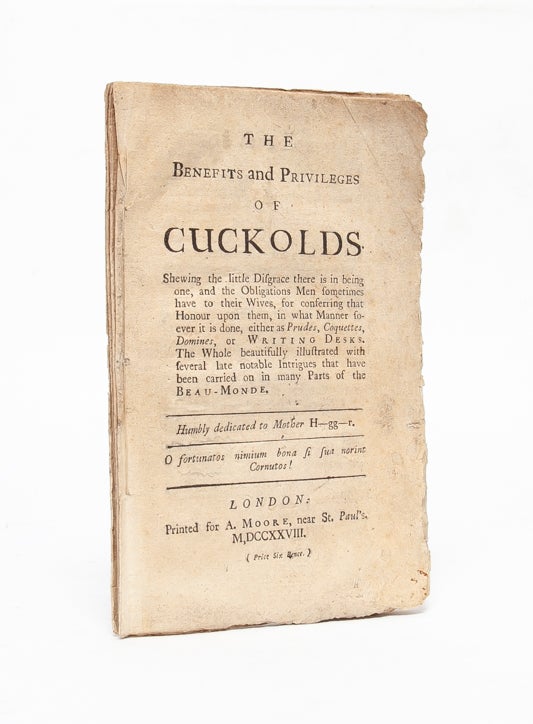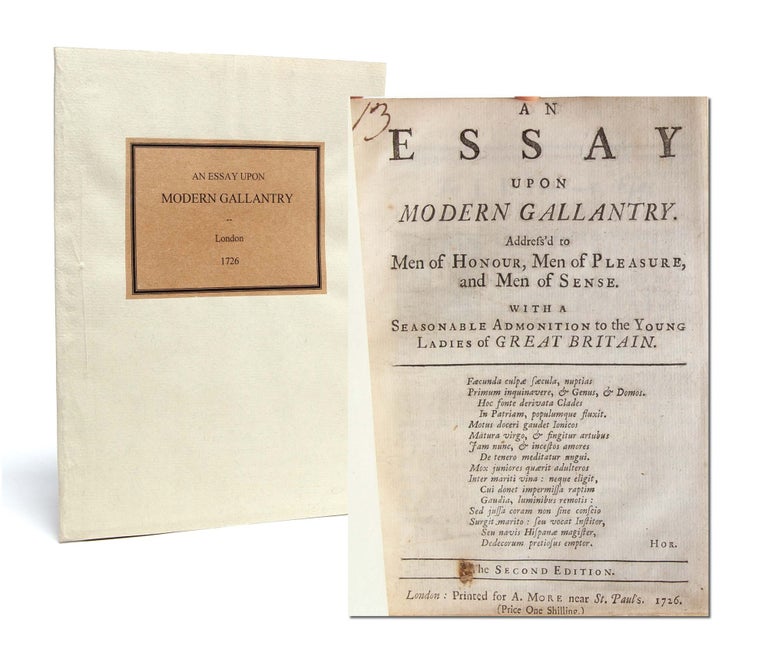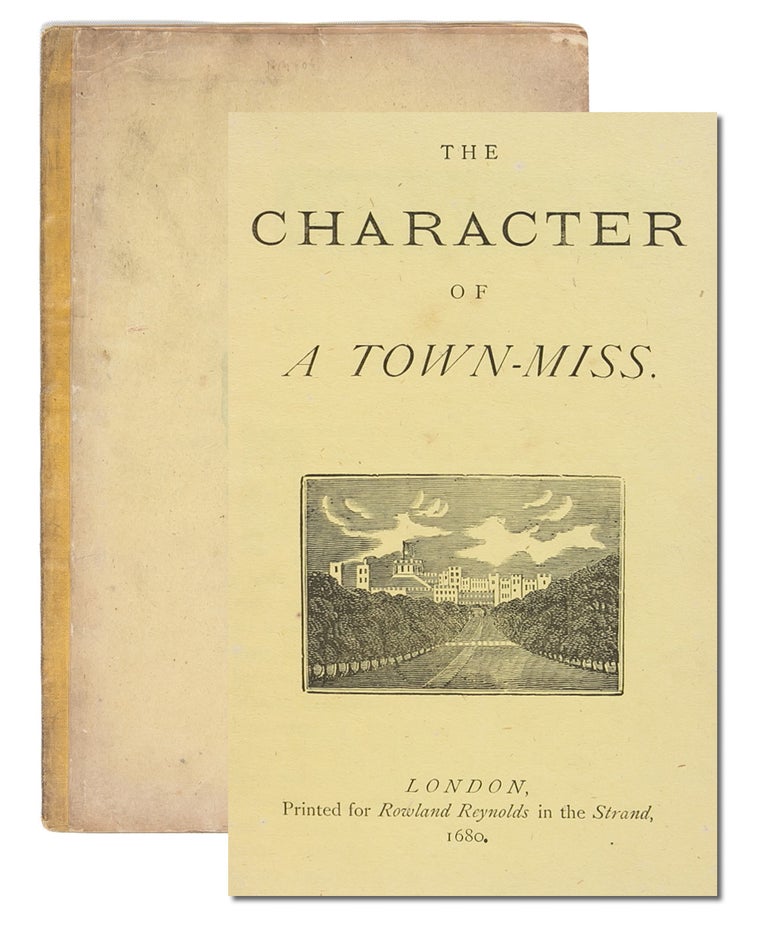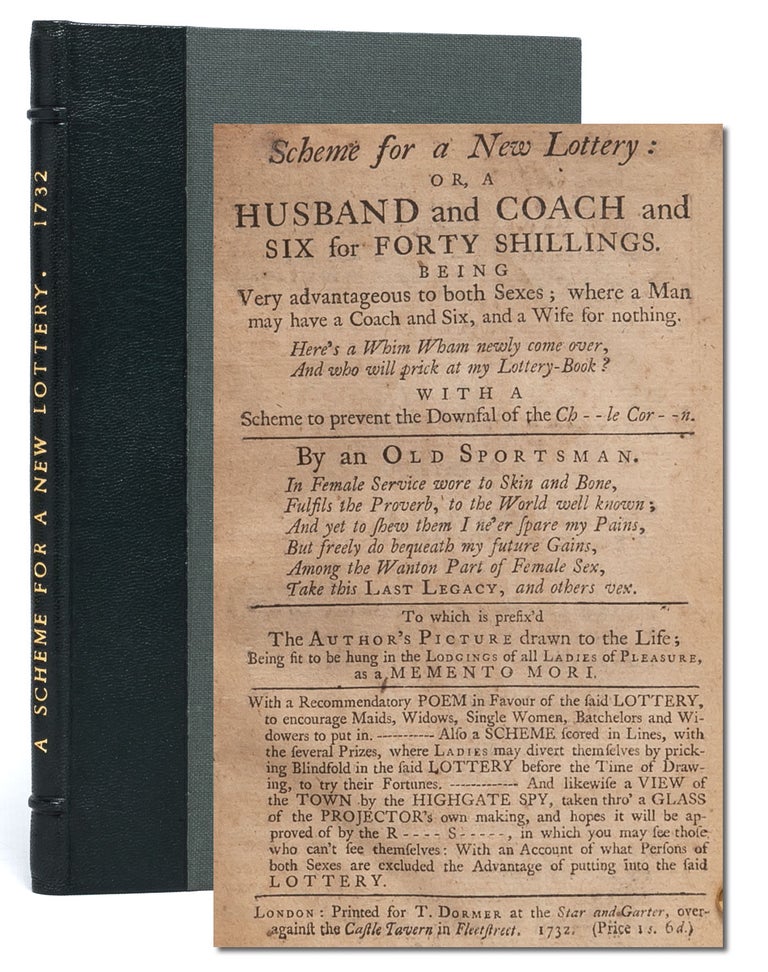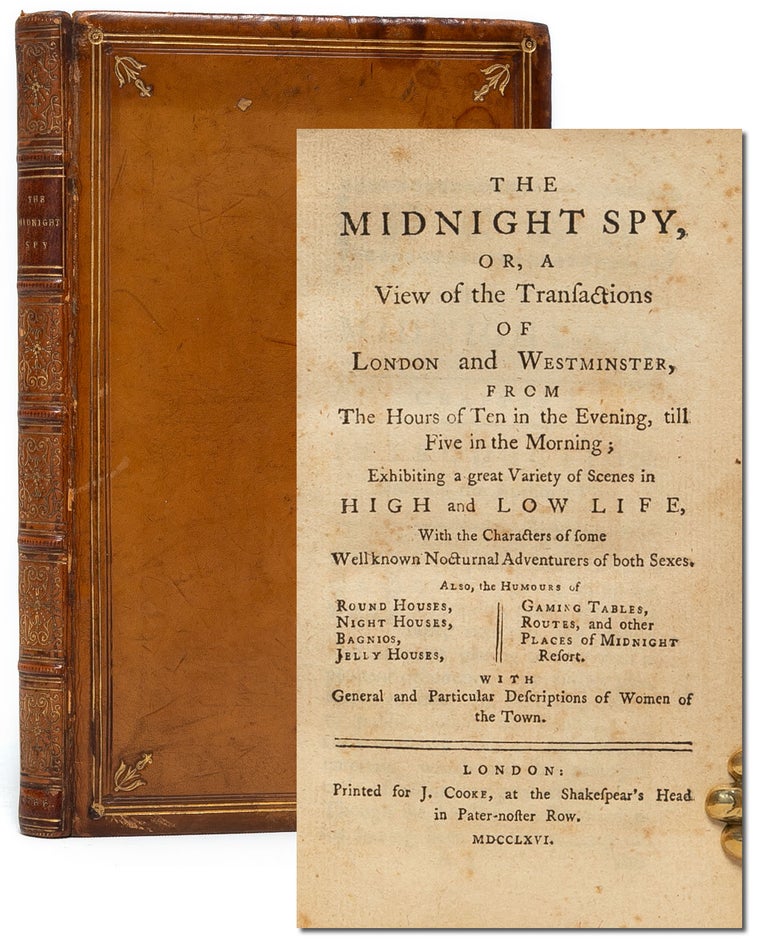May I Never Be Married. A New Song
[London]: [NP], [1795].
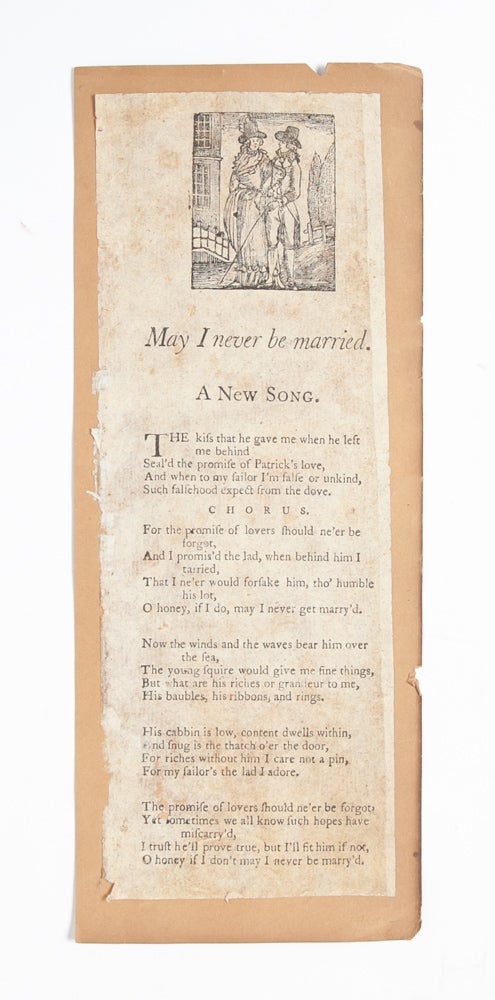

May I Never Be Married. A New Song
[London]: [NP], [1795]. First edition. Narrow broadside measuring 90 x 265mm and laid down on card. Illustrated at header. Some chipping along the left edge and some toning along the right edge, neither affecting text. Minor loss and rubbing to text in stanzas 4-5 with words remaining legible. A scarce and delicate survivor of a popular and socially ambiguous ballad, ESTC reports only a single institutional copy with the present being the only one in trade.
Popular from the dawn of print and into the early 19th century, were broadside ballads, which were "among the earliest products of the printing press" and were "handbills on which were printed the text of ballads. A woodcut often headed the sheet, and under the title if was often specified that the ballad was to be sung to the tune of some popular air. Musical notations seldom appeared on the broadsides; those who sold the ballads in the streets and at county fairs sang their wares so that anyone unfamiliar with the tune could learn it by listening a few times to the balladmonger's rendition" (Britannica). While some ballad content was topical -- lampooning local politicians or recounting contemporary scandals -- those that remained most popular often dealt with the tragic and sentimental. The present example is both an exemplar and an outlier of the genre. A narrative of a young woman declaring love for a sailor who leaves her behind, the song presents what some could interpret as a tale of love, commitment, and longing; still others could interpret the likely Irish lass as being jilted because while the couple "seal'd the promise of St. Patrick's love," the song initiates with "the kiss that he gave me when he left me behind." In either case, what is notable is that the nameless narrator, a woman, speaks for herself and gains a voice through whomever sings her words in the first person. In this sense, the female figure is powerful and voices her own story. What's more, focusing on the sailor's departure and questions about his return, the woman's most repeated refrain is "may I never get marry'd." Instead of emphasizing hope for his return and an eventual union, the ballad focuses on what the woman hopes not to receive: marriage. Not marrying is predicated, of course, in the socially acceptable assumption that she has committed her love to him and will not marry another if he doesn't return; but the possibility of the sailor's permanent departure also gives the young narrator an opportunity to free herself from a union that would socially and legally bind her. In this sense, we should not ignore the narrator's ending lines that "The promise of lovers should ne'er be forgot; Yet sometimes we all know such hopes have misscarry'd. I trust he'll prove true, but I'll fit him if not. O honey if I don't may I never be marry'd."
ESTC T201861. (Item #4671)


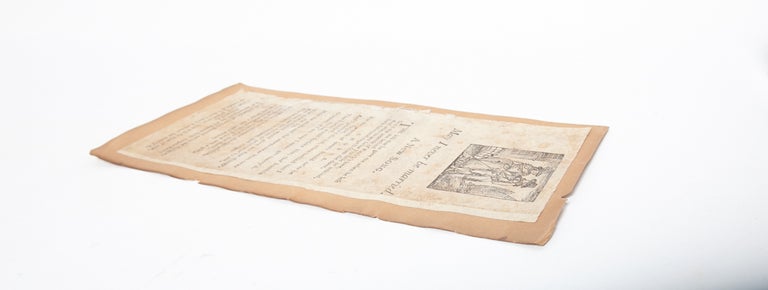
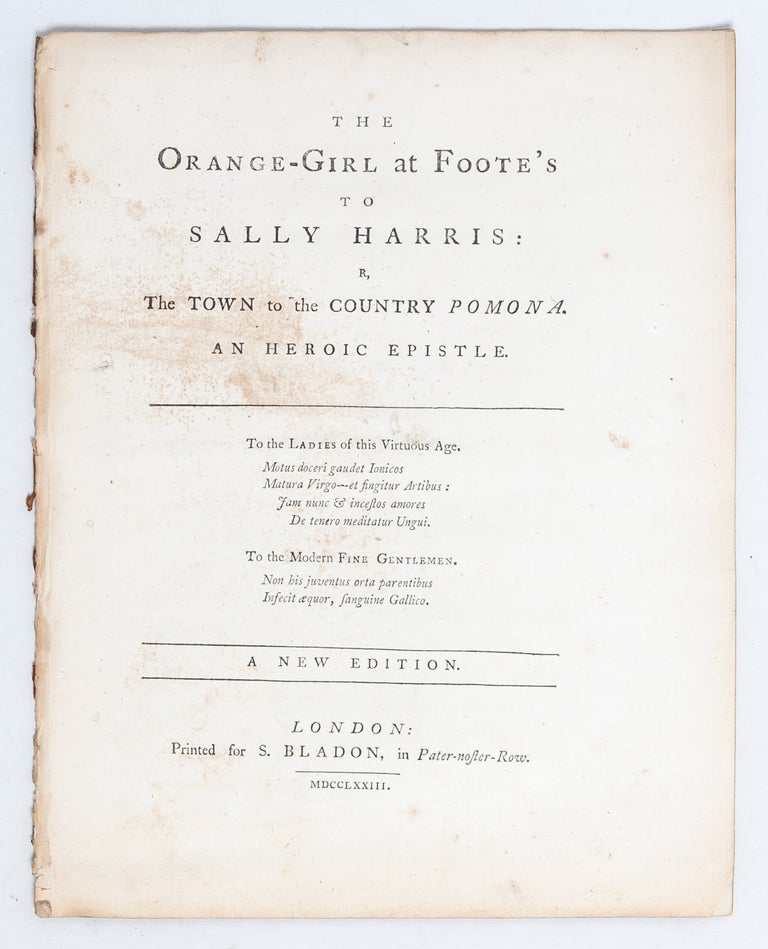
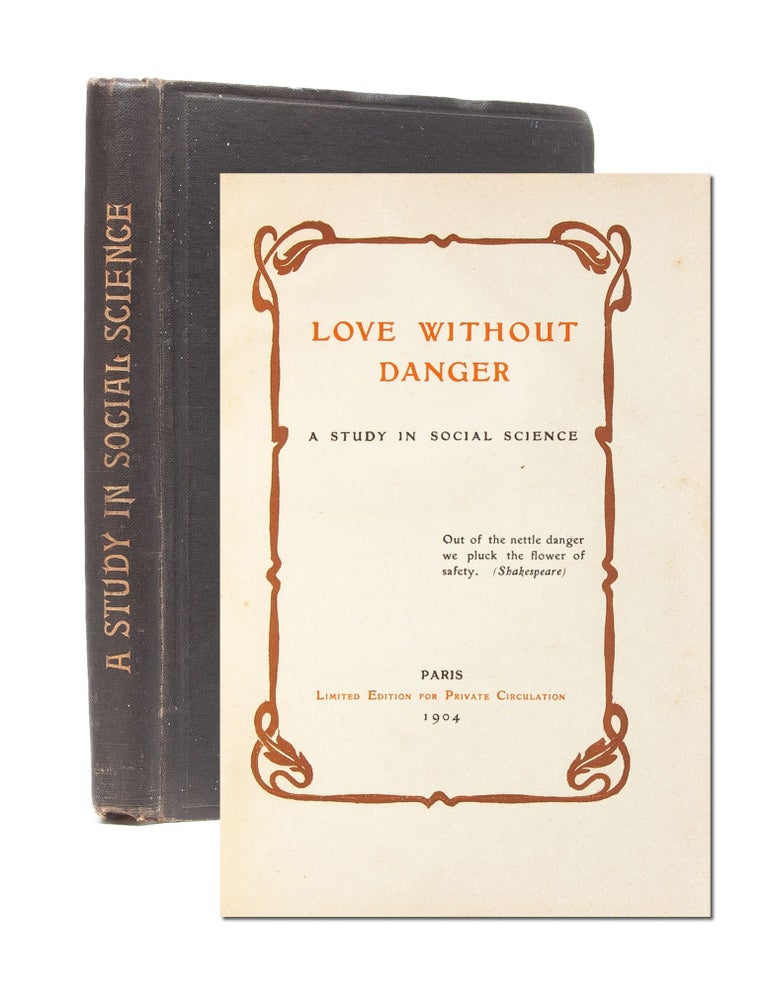
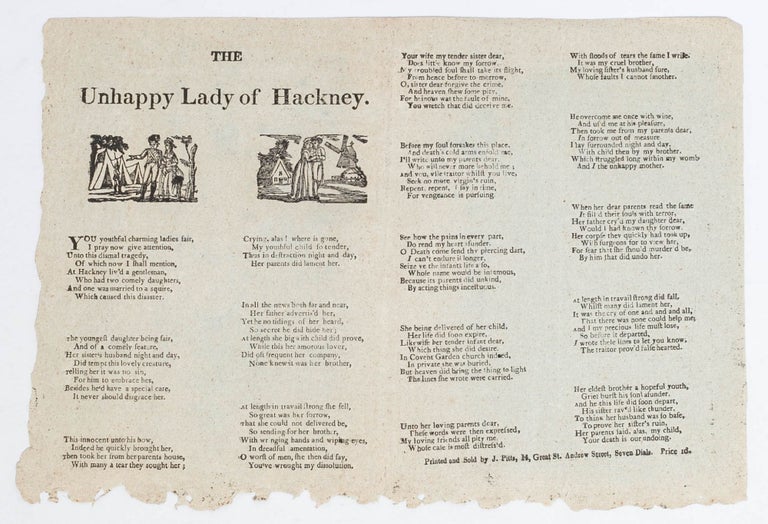
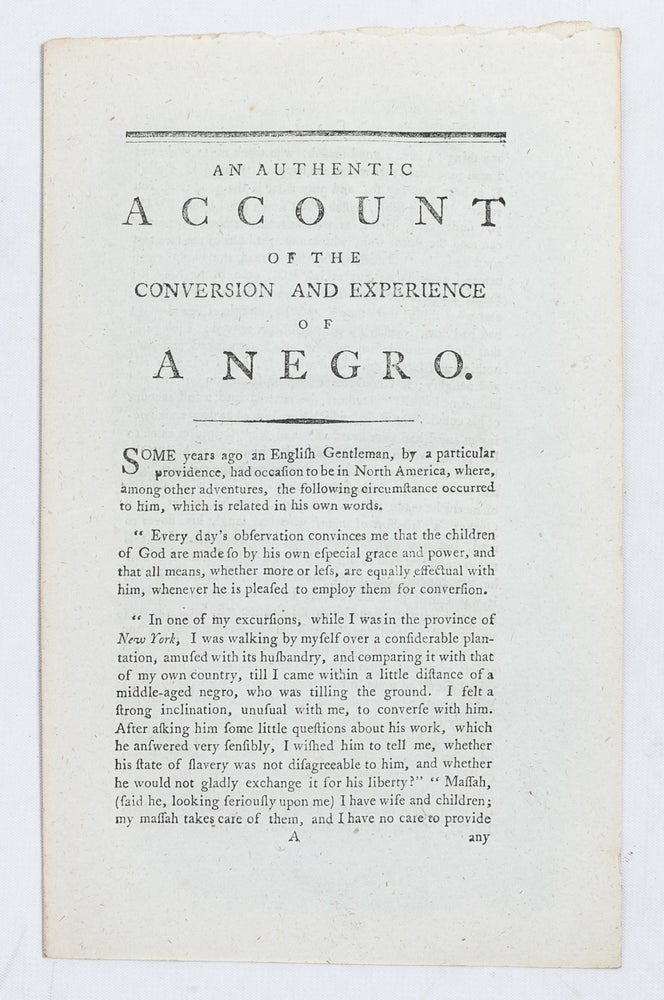
![Answer to The Knitting [with] The Knitting. Bawdy Broadside, Anonymous.](https://whitmorerarebooks.cdn.bibliopolis.com/pictures/5877.jpg?width=768&height=1000&fit=bounds&auto=webp&v=1700066799)
